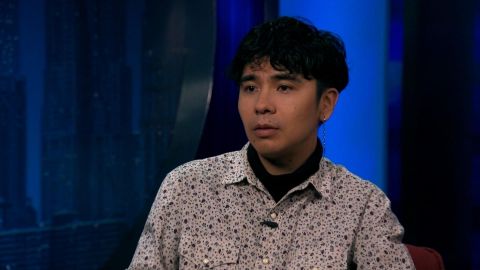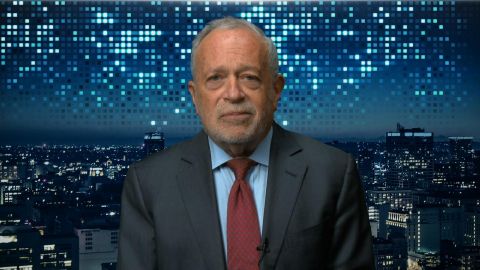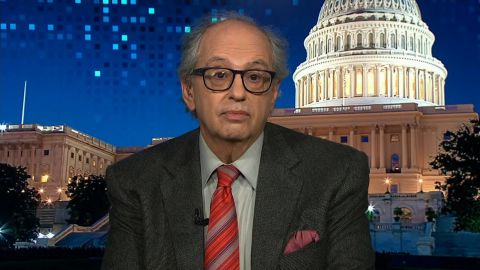Read Transcript EXPAND
CHRISTIANE AMANPOUR: Why haven’t these companies, or this one particularly, upgraded its infrastructure and become, you know, a utility for today rather than one that’s clearly had to admit a lot of wrong doing here??
ROBERT REICH, FORMER U.S. LABOR SECRETARY: Christiane, I think this is a classic example of kicking the can the road and not taking responsibility. Every year, it was possible until it became not sustainable for this public utility to say, well, we will be making these investments in putting the powerlines underground and doing the kinds of things that should have been done. We will do them next year or we will get to them or we can’t quite afford them now. The problem, again, is a governance problem. This is a public utility. They’re supposed to be a public utility commission that oversees this public utility that has not been doing its work either. The public utility is also a profitmaking entity. It has shareholders. Those shareholders, for years, wanted to show profits, they wanted to make profits. How can you manage to make the kinds of long-term investments you need as a public utility when you have this kind of a structure? The answer is you can’t. And by now, I think, the — that answer is dawning on many people here. I hope it dawns on the government and legislature as well. This is a democratic state. This is a liberal state. We’re 3,000 miles away from Donald Trump. In fact, this is a state that has a leading environmental kind of profile that Donald Trump is trying to erode. But here on the ground, the state really is not doing the kinds of things the state should have been doing.
AMANPOUR: So, talk to me about the latest Farhad Manjoo column in “The New York Times.” He’s the tech correspondent and lives out in California. And he wrote about a whole lot of unsustainable California design — designers, technology, all those things. This is what he wrote. “The founding idea of this place is infinitude, mile after endless mile of cute houses connected by freeways and uninsulated powerlines stretching out far into the forested hills. Our whole way of life is built on a series of myths, the myth of endless space, endless fuel, endless water. The long-term solutions to many of our problems are obvious, to stave off fire and housing costs and so much else, the people of California should live together more densely. We should rely less on cars. We should be more inclusive in the way we design infrastructure.” So, what do you make of that? And, obviously, a lot of very wealthy people, the small percentage, like to live in this infinite space with, you know, not close and not dense and using their cars instead of public transport.
REICH: Well, even — I think that article is very, very accurate. Even though this is the heart of liberalism and the most democratic state capital D in the United States, there is a kind of not in my backyard mentality.
About This Episode EXPAND
Norman Ornstein joins Christiane Amanpour to give a glimpse into the inner workings of Congress as the impeachment inquiry unfolds. Robert Reich examines PG&E’s role in the California fires. Cynthia Erivo and Leslie Odom, Jr. discuss their roles in the new film “Harriet.” Ocean Vuong sits down with Michel Martin to discuss race, sexuality and his new novel “On Earth We’re Briefly Gorgeous.”
LEARN MORE



